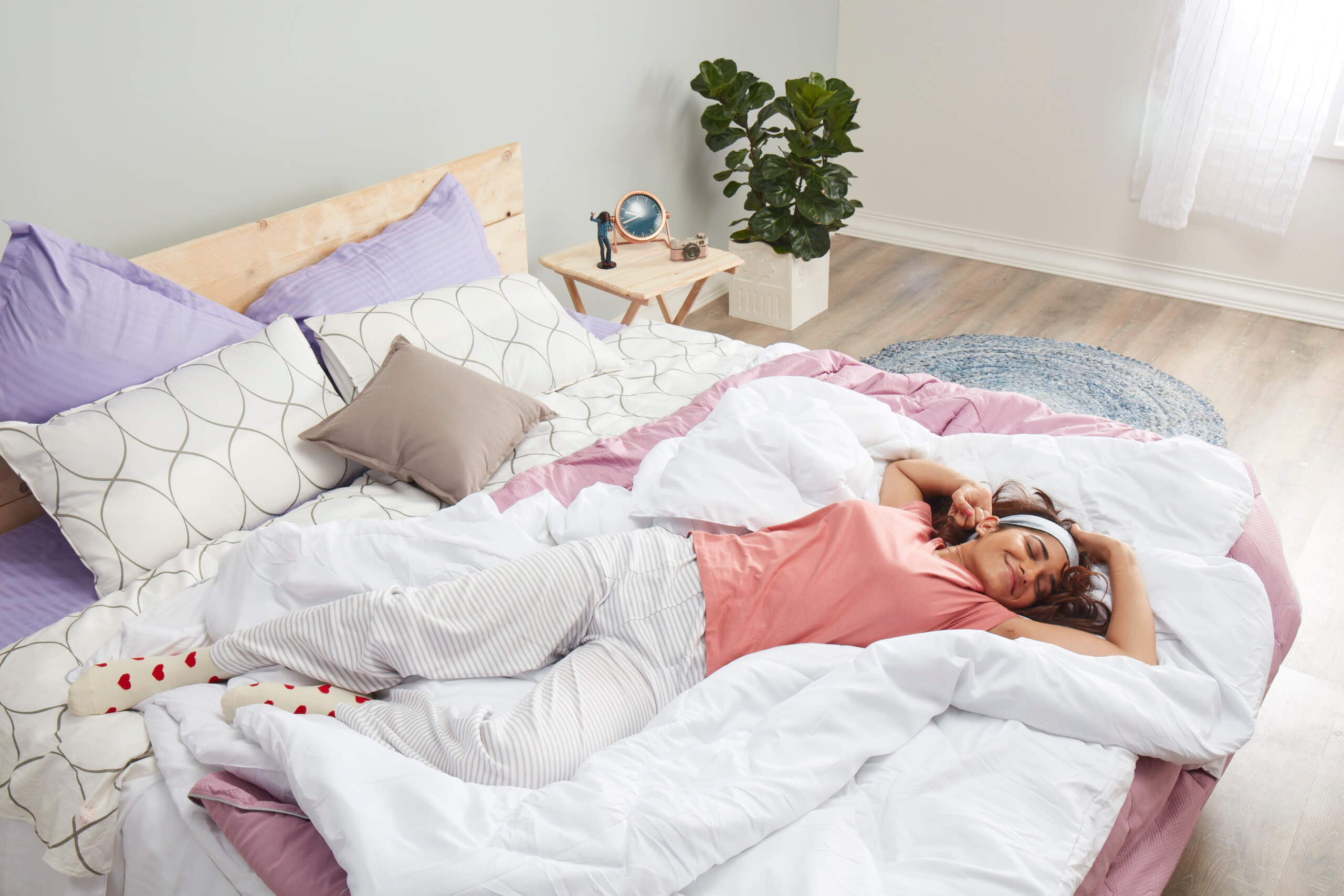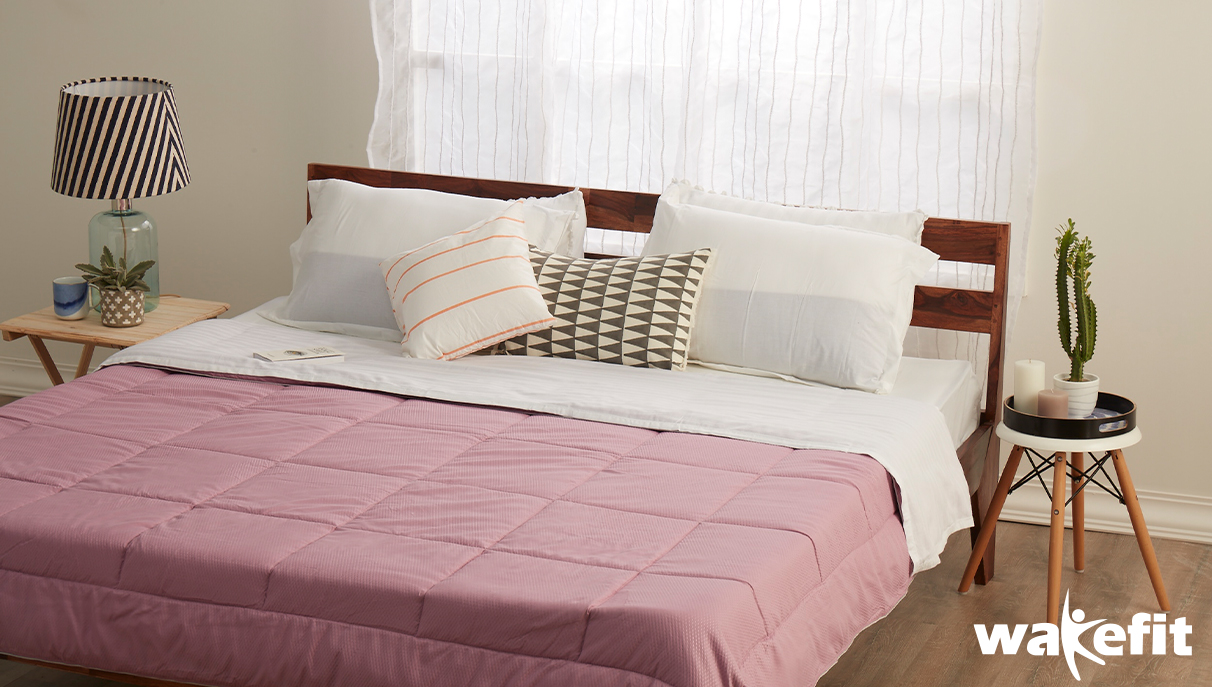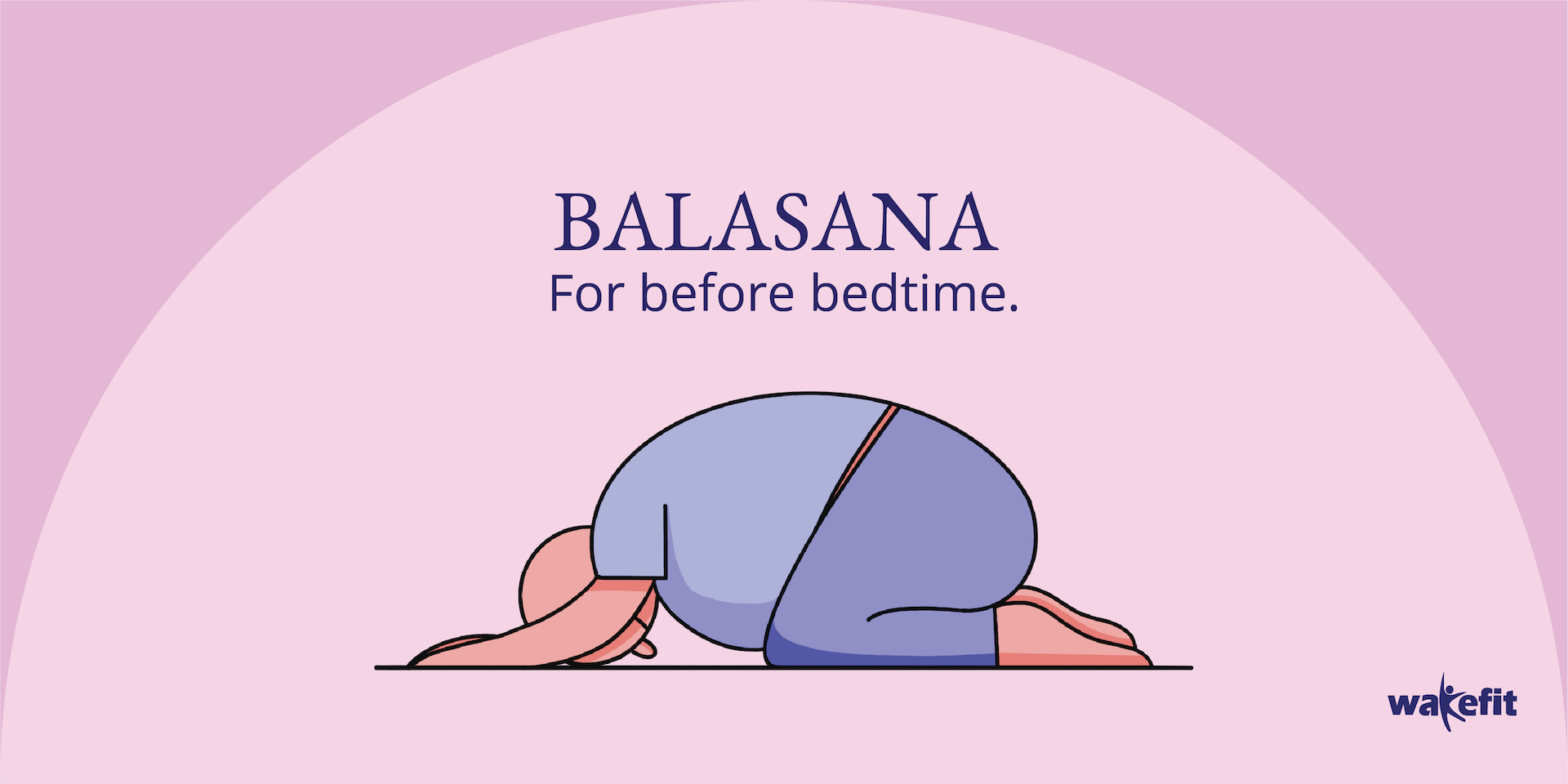When you are deprived of quality sleep, you affect a lot of your bodily functions and your psychological wellbeing is at risk too. But did you know, bad sleep contributes to bad skin health as well?
The relationship between skin and sleep runs deep. When we don’t sleep well, our body produces more cortisol, the stress hormone. An increase in the levels of cortisol can wreak havoc on the body. Chances of inflammation are heightened, and therefore, the skin gets affected terribly.
People with skin abnormalities, such as eczema, psoriasis, etc. need to be very careful about the quality and duration of their sleep every night. These skin conditions are likely to worsen in case of bad sleep.
Research shows that even two days of sleep restriction can ruin their skin health among other things.
Skin and sleep: A relationship that’s not skin deep
It’s a vicious cycle
The relation between sleep and skin is in fact a vicious cycle. While bad sleep leads to bad skin, bad skin can also contribute to bad sleep. This happens due to excessive itching through the night, which causes interrupted sleep. Due to interrupted sleep, you produce more cortisol, and so allergic reactions worsen due to an increase in skin sensitivity.
The various ways sleep affects skin are:
- Unhealthy hanging eyelids
- Pale skin
- Dry skin
- Swollen eyes
- Premature signs of ageing, such as wrinkles and fine lines
- Dry skin around the mouth
- Eye bags
- Dark circles
Let us have a look at some of these in more detail.
Loss of natural glow
Poor sleep can cause the skin to lose its natural glow. When there is an increase in the inflammatory cells due to unhealthy sleep, our skin experiences an increase in the breakdown of collagen and hyaluronic acid. These molecules are responsible for the skin’s glow and suppleness. Their breakdown causes the skin to lose its clearness.
Loss of moisture
It is during sleep that our body replenishes its water requirements by balancing its hydration levels. While the skin absorbs the water it requires, the excess is removed through excretory glands.
When we don’t sleep properly, this process of moisture rebalancing is affected. Some of the consequences include skin dryness, puffy under-eye, dark circles, etc.
Ageing
When we sleep, it is as if our body is sent to the workshop for a repair. This should help us understand how vital good sleep is.
During sleep, the blood flow and circulation in our skin is enhanced, the collagen is rebuilt, and all the damages caused by UV ray exposure, exposure to dust and other pollutants, etc. is restored to a great extent.
While sleeping deep, there is a rise in growth hormones. This, in turn, allows our cells to get repaired.
Deeper phases of sleep are, therefore, essential for these minor breakdowns to be repaired. In case this does not happen due to poor or interrupted sleep, the breakdowns accumulate, and over a period of time, turn into something major, such as premature signs of ageing that cannot be reversed.
Improving skin through deep sleep
Use a memory foam pillow
A memory foam pillow for several reasons helps improve sleep. But the most pertinent reason here is its hypoallergenic quality. Due to this, dust and other allergens lose their way to you during your sleep, and therefore, give you the adequate undisturbed time to replenish and repair your skin during sleep.
As Healthline points out, a pillow that slightly elevates your head during sleep helps control snoring ad acid reflux. As a result, you get uninterrupted sleep, which is ideal for skin replenishment.
You can buy the Wakefit Sleeping Pillow here.




No Comments